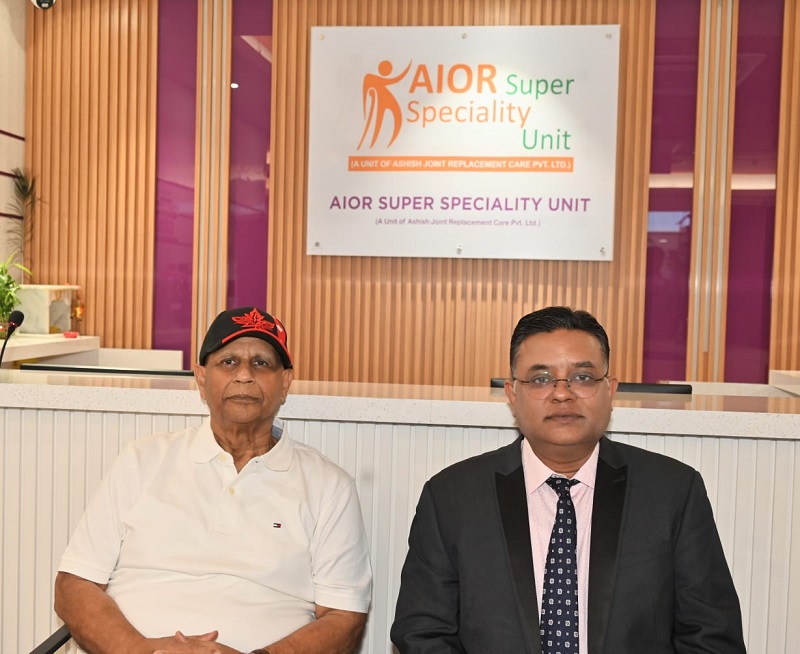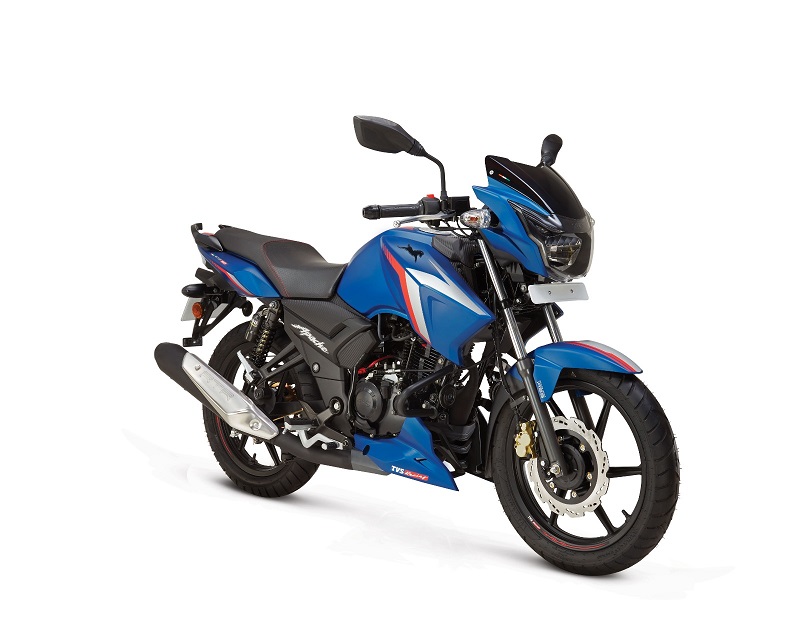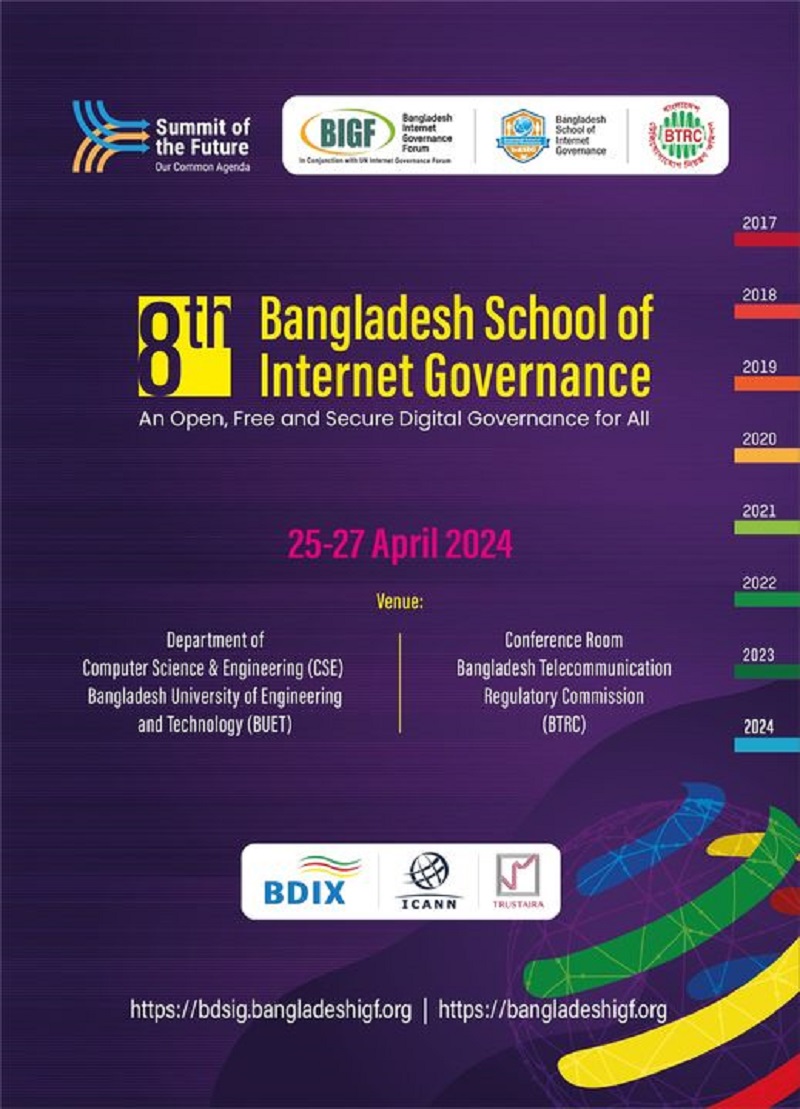15th Feb 2021, Kathmandu
The use of public transportation banknotes is now ended and NRB has given permission for card payments.
Technology has recently been gaining ground in every sector of the country. As technology is widely used, an online business also has a corresponding priority.
As a result, NRB has recently taken decisions to promote digital transactions.
Today, payment can be made by means of a QR scan in the vegetable market. Not only that, but new technology is now also being used in public transport.
On 2 February, NRB issued a license to Fintech International for a card payment service with a proposal to facilitate payment of cashless rentals.
NRB has given Fintech permission to run a travel card and a travel app as a payment service provider.
Abhinav Bhattarai, Chief Commercial Officer of Fintech, said that the company is also planning to make cashless payments on public transport by card.
According to Bhattarai, the company will implement a payment system for public transport in the Kathmandu Valley in the first phase. It will start on February 13, according to Bhattarai.
“We will start this service in the Upatyaka from February 13,” says Bhattarai. ‘Initially, more than 300 public transport cards will be connected to the payment system.’ The company plans to connect 1,000 public transport vehicles in six months and 5,000 in a year.
Busses will start on seven routes in the valley, including Badbhanyang-Mulpani, Chatrapath Parikrama, Thali-Khasibazar, Chapali-Matatirtha, Bhangal-Naya Bus Park, Nala-Ratna Park, and Matatirtha-Ratna Park.
Bhattarai said that passenger service and assistance centers (temporary booths) would be set up at 30 places along the route and ‘travel cards’ would be distributed. According to him, 50 will have to be paid for the card. Also, up to Rs 25,000 can be kept on the card.
The company has said that the co-driver of the bus will be loading the money into the card if the money is expired and if anyone wants a new card, the card will be issued.
The fare of the vehicle can be paid onboard the system in the hand of the bus driver. The computer would subtract the fare by studying where it came from, where it landed, and how much it cost.
He says the transaction is going to take place within a second. “If the process is cumbersome, there will be crowds of passengers as well as the bus at the time of disembarkation, so we have created a system to pay based on the card,” he says.
The company will have separate concessional cards for students, senior citizens, and passengers of differing abilities.
According to Bhattarai, the company is planning to introduce this form of bus service at the outset. But then the system will be linked to microbuses, Tampa, and public transport across the country.
This will put an end to the difficulties of carrying money as well as the problem of not having retail money and the problem of losing one or two rupee coins.
Not only that, but there are also issues in public transport where the co-driver does not pay the fare necessary to return rather than the fare set by the government.
There is also an issue that even vehicle owners do not obtain full details about their income. Bhattarai says that the solution to all these problems is a travel card. According to Bhattarai, following the relation with this technology, transactions made during the day will be deposited directly into the bank account and will also be transparent.
This will ultimately go a long way in realizing the Government of Nepal’s vision for a digital Nepal. According to him, the company is also releasing an app called ‘Yatra’ after six months. Online bus ticket booking and bus tracking system will also be available in the app.











